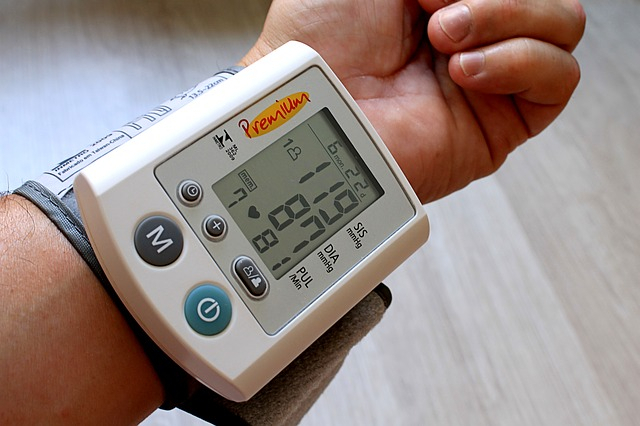
Researchers from the University of Edinburgh have zeroed in on immune system cells in the body that could be key to tackling high blood pressure, which is estimated to cause 7.5 million deaths, about 12.8% of the total of all deaths in the world.
Owing to population growth and ageing, the number BP patients in the world rose from 600 million in 1980 to nearly 1 billion as of 2008, while new figures are still in the pipeline. UK alone has reported more than 12 million cases recently.
High blood pressure or hypertension is the main cause of heart diseases, heart attack, kidney disease and stroke. World Health Organization figures show that hypertension or raised blood pressure accounts for 57 million disability adjusted life years (DALYS) or 3.7% of total DALYS.
The new study found that the specialised white blood cells - known as macrophages - are key to the body's immune system and they scavenge for and 'eat' molecules of a powerful hormone known as endothelin. By monitoring macrophages and controlling or regulating the levels of endothelin, scientists could make the white blood cells help blood vessels relax, significantly lowering blood pressure.
When genetically bred mice with a deficiency of the endothelin system and drug-induced high blood pressure, the tests proved the results positive. Next the researchers focused on patients taking medication for an immune system disorder that attacks blood vessels.
It ws found that those taking medication to reduce macrophages had higher blood pressure compared with patients taking other medications. Scientists say those on medication for immune system are prone to developing hypertension.
The study, published in the European Heart Journal.
Professor Matthew Bailey, Chair in Renal Physiology at the University of Edinburgh's British Heart Foundation Centre of Research Excellence, who led the study, said hypertension affects 70 per cent of people over 70.
Jeremy Pearson, Associate Medical Director at The British Heart Foundation, said: "This study shows for the first time that macrophages - a type of cell that helps regulate our immune responses - can be involved in the control of blood pressure. More research is needed but these cells could be a new target for drugs to treat the condition."









